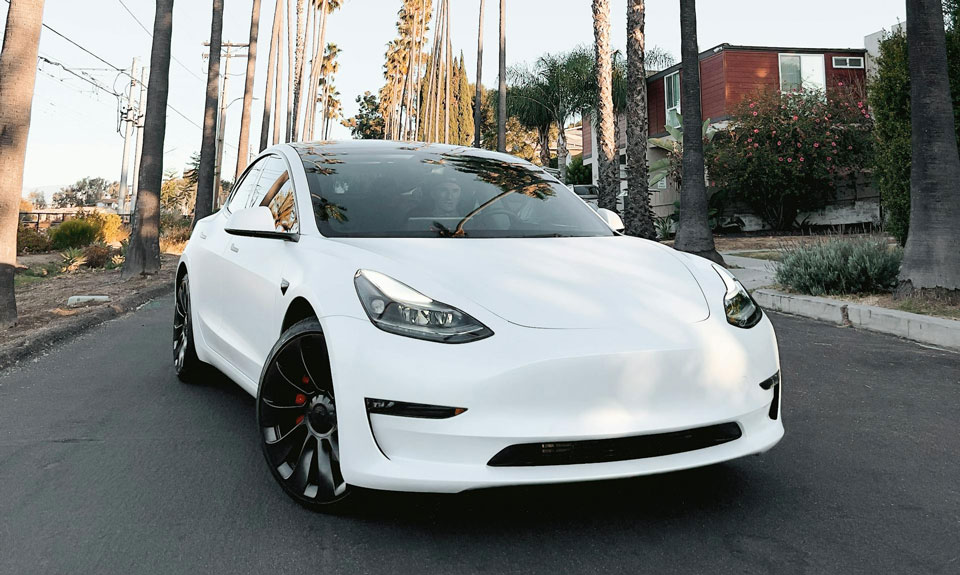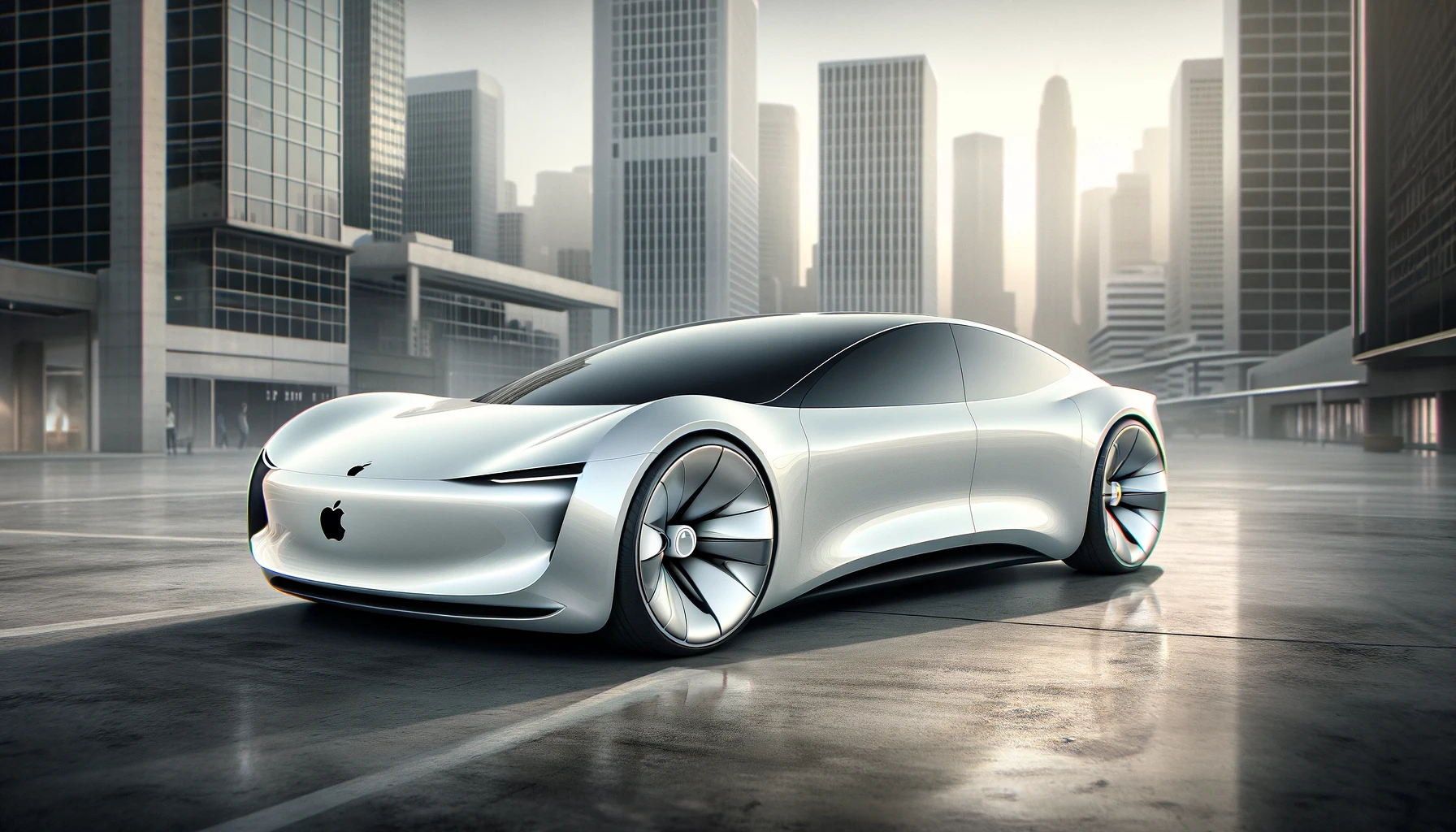Yes, you have read it right. Apple stopped working on a decade-long Electric Car Project. For over a decade, rumors of a breakthrough Apple automobile sent shivers down the spines of the automotive industry. Project Titan, as it was called internally, promised to be a game changer: a sleek, self-driving electric car that would revolutionize transportation. But, after years of conjecture, botched starts, and shifting ideas, Apple has abandoned its automobile dreams. This decision, although not wholly surprising, leaves a path of unsolved questions and missed possibilities in its wake.
The appeal of Project Titan was clear. Apple, which had transformed the mobile phone with the iPhone, was ready to do the same for automobiles. The notion of an Apple automobile with the same design, user experience, and innovation as its other products sparked enthusiasm. However, the route from dream to reality was far more difficult than imagined.


Why did Apple stop working on an Electric Car Project?
From the start, Project Titan was cloaked in mystery. Apple, famed for its secrecy, guarded facts like confidential material. This seclusion spurred curiosity, with tales circulating about everything from the vehicle’s design to its self-driving capabilities. However, a lack of openness inhibited collaboration and made it impossible to determine the project’s genuine status. Despite the secrecy, some observers believe Project Titan has the ability to transform the transportation business by disrupting the existing quo and setting new innovation norms. Others, however, remain suspicious, doubting the viability of Apple’s lofty aims and the difficulties of joining such a competitive and complicated sector.
Internally, Project Titan had severe obstacles. Apple struggled to get into the automotive market, which is famously complicated and competitive. Established businesses, with their extensive networks and industry knowledge, zealously protected their market share. Apple had an uphill struggle due to its lack of experience in automobile manufacturing and its inability to navigate the complex web of rules, supply lines, and established alliances. The ambitious objective of creating a completely driverless vehicle exacerbated the complexity, straining the limits of current technology and necessitating significant expenditure in research, development, and infrastructure. Despite these challenges, Apple was keen to offer its own vision to the car business.


As the years passed, Project Titan evolved into a project in perpetual flux. The earlier, grandiose concept of a completely driverless vehicle was dialed back, with murmurs saying Apple ultimately settled on a car with enhanced driver-assistance technologies, a significant turn in direction. This shift in direction, combined with rounds of layoffs and leadership shuffles, slowed development and placed doubt on the project’s viability. The once-vibrant atmosphere around Project Titan began to fade, replaced by a sense of cautious contemplation and a rising fear that the original ideal would not be achieved.
As Project Titan progressed, the surrounding area changed dramatically. The first surge of enthusiasm and optimism about self-driving vehicles faded as the major technological challenges and complicated ethical problems linked with this technology became more evident. Furthermore, the electric vehicle industry, while growing, has had its own set of obstacles, including a slowdown in sales and increased rivalry from both existing firms and new entrants. These external issues complicate Project Titan’s already difficult route.
Ultimately, the decision to abandon Project Titan was most likely based on a close look at the project’s financial sustainability. Years of development had already cost Apple billions of dollars, with no obvious road to profitability ahead. The ever-changing environment of the electric vehicle industry, along with the massive technological and financial resources necessary to produce a competitive self-driving car, made for a challenging and increasingly dangerous prospect. In contrast, by turning its attention to artificial intelligence, a subject in which Apple already has a strong foundation and demonstrated experience, the corporation is pursuing a more predictable and possibly profitable path to future development.
Also read: Apple Releases IOS 17.4 Beta 4 | Check what is new
This strategic pivot enables Apple to use its existing capabilities while also capitalizing on AI’s significant potential, with the ultimate goal of securing a leadership position in this fast-growing technical frontier.


The cancellation of Project Titan is a stark reminder of the immense challenges involved in disrupting established industries, even for a tech giant like Apple. It highlights the complexities of car manufacturing, the evolving landscape of self-driving technology, and the ever-present need for a realistic assessment of costs and risks. While the dream of an Apple car may be on hold, the lessons learned from Project Titan will undoubtedly influence the company’s future endeavors. And who knows, perhaps one day, at a different time and with a different set of circumstances, the dream of an Apple car might just take the road again.
For more Apple-related content, bookmark our website appleissue.com. We solve queries related to Apple products on our website.




Thank you for your sharing. I am worried that I lack creative ideas. It is your article that makes me full of hope. Thank you. But, I have a question, can you help me?